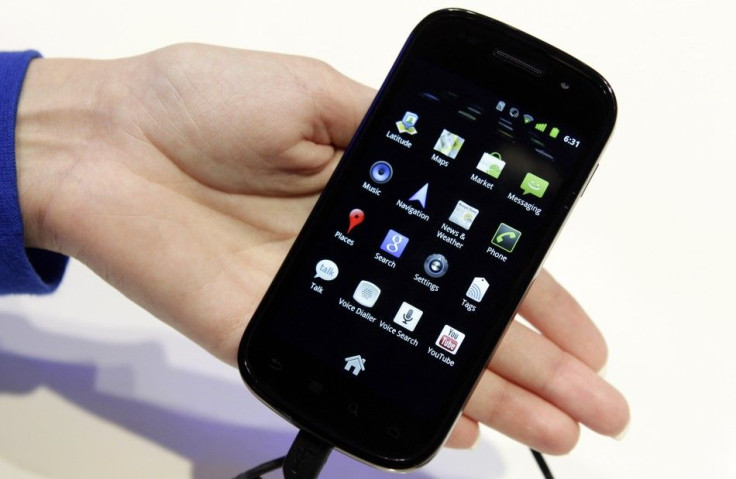Google Nexus' New Avatar Motorola Droid ?

Google's acquisition of Motorola Mobility for a whooping $12.5 billion has not just added a treasure trove of patents to the search-engine giant's kitty but also a range of Android devices which the company can leverage on.
The acquisition has left the Android world in a state of limbo regarding the outworking of Google's relationship with its Android partners like Samsung, HTC and LG.
Key to Google's partnership with OEM manufactures was the rendering of the Nexus series of Android phones which was developed in conjunction with HTC and Samsung. Google used the Nexus phones to launch vanilla edition of its Android OS before the OS could be released for the market. Google partnered with HTC to deliver Nexus One and with Samsung for Nexus S.
Google's idea to launch the Nexus line of phones was to give developers the lead time to handle the new OS in order to gauge how their apps worked on the new platform. Also Google wanted to breach the carrier wall by spawning a retail disruption by offering unlocked phones and web-only sales.
The retail dream crashed when most of carriers withdrew support for Nexus One and thus Nexus S which offers a pure Android Gingerbread experience was launched with T-Mobile for $199 with two year contract.
In July 2010, Google announced taking off Nexus from the market citing low demand, it had also issued a statement in its blog post that it will continue to make Nexus One available to Android developers.
In fact, Nexus One registered sales of only 135,000 units in roughly the same time it took the iPhone and the Droid -- that runs the Android system -- to sell 1 million units.
Google's acquisition of Motorola, in light of its Nexus strategy raises, two primary questions - whether Google will continue its Nexus line of phones and secondly if it decides so, then will Google join other partners to craft the next Nexus phone.
Google partnered with Motorola to manufacture Xoom - an Android Honeycomb-based tablet. And with Google now in a special relationship with Motorola it can continue this relationship to develop 'vanilla' Android devices offering pure Google experience.
The current breed of Nexus phones are mediocre in comparison to top of the line Android phones like Samsung Galaxy S II, Motorola Atrix and HTC Sensation. However after acquiring Motorola, Google can incorporate top of the line technology to deliver superior devices offering the "pure Android" experience.
With a better "Nexus" phone in hand Google can once again attempt to breach the carrier wall to offer its phones directly to customers.
Most of the customers lined-up to buy Nexus phones primarily to experience the pure Android experience and also because these phones were the first to receive updates. Therefore Motorola devised "Nexus" phones will be the first to receive software updates, thus giving it an unfair advantage over other partners.
With Google keeping the Nexus development in house other partners will not get the advantage of working on new Android months prior to its actual launch. Since Android has gained traction among phone manufacturers as an OS that gives room for differentiation at a low cost, Google uses this to its advantage. It makes available specific private code lines which are 6 months ahead of the public Software Development Kit (SDK), to the OEM manufacturers working on Android models, which allows them to stay competitive through differentiation.
However with Google in-charge of Motorola's assets now, partners can lose this advantage and will play catch-up with Motorola devices.
Lastly it could all boil down to economics. Piper Jaffray analyst Gene Munster, estimates that Google makes just $6 in ad revenue per Android user per year which is expected to increase to $10 by 2012. In comparison an estimate published by The Economist suggests that Apple makes about $320 per iPhone it sells. Google can attempt a swing at this figure through Motorola.
Nexus offered both developers and OEMs a chance to see how the OS integrated with the hardware. It acted as a prototype for later devices. But with Motorola in hand Google can take away this advantage from OEMs as it leverage it for Motorola devices.
© Copyright IBTimes 2024. All rights reserved.



















